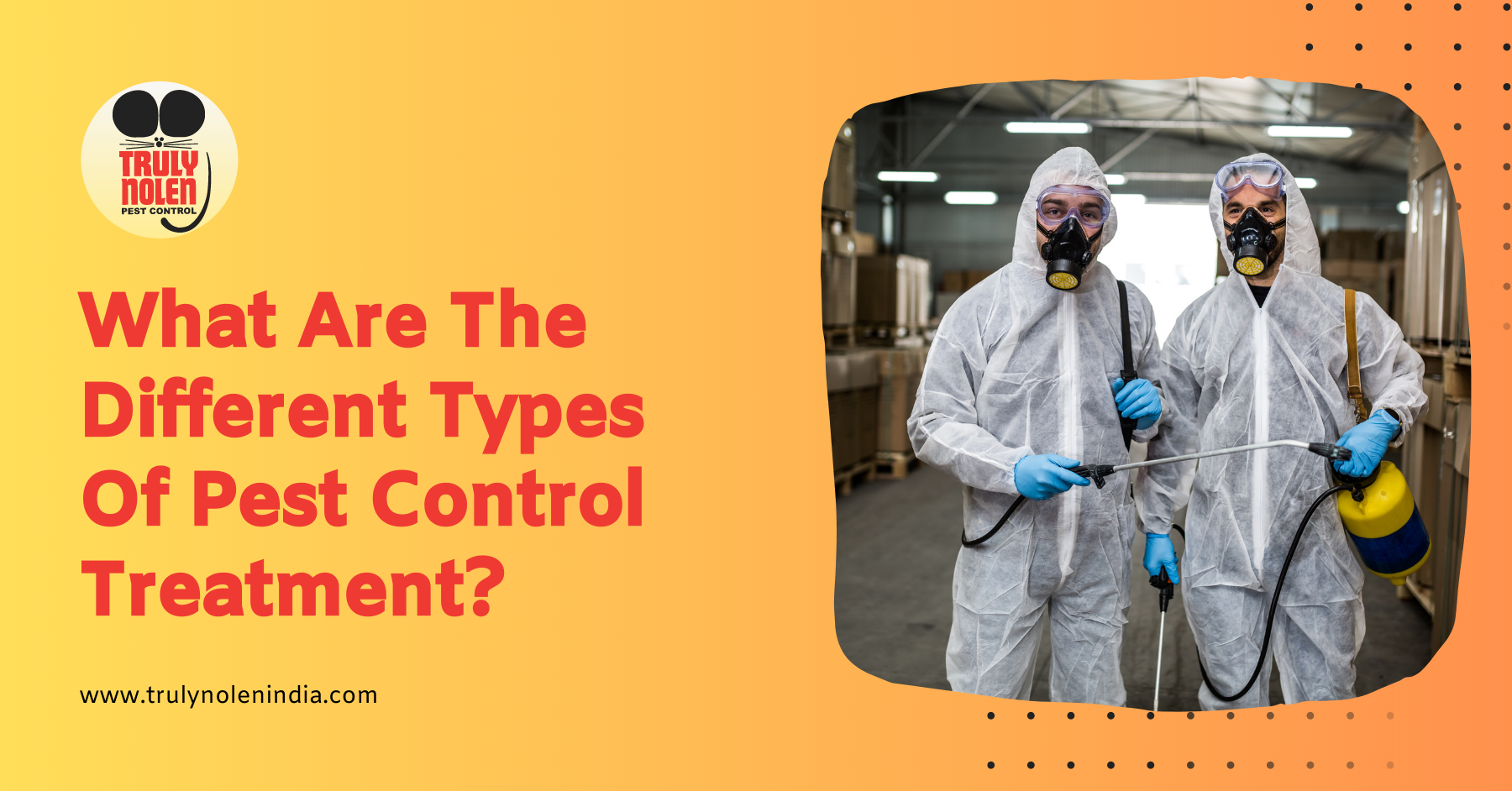About Pest Control
What Does Pest Control Do?
Table of ContentsPest Control Can Be Fun For AnyoneThe Pest Control DiariesIndicators on Pest Control You Need To KnowPest Control Things To Know Before You Get ThisThe 10-Minute Rule for Pest Control
Limitations of Chemical Administration Be able to analyze parasite problems, establish if administration is required, and make ideal suggestions using IPM methods. Be acquainted with different approaches of parasite monitoring - their benefits and constraints. Comprehend the worth of valuable insects. It is not possibleor even desirableto rid gardens of all insects.This chapter talks about (IPM), a method that uses understanding about parasites and their, methods, nonchemical methods, and chemicals to manage pest troubles. Additional information concerning IPM for specific plants is included in phases that focus on those plants. Nonchemical bug control actions are stressed in chapter 17, "Organic Gardening." Handling birds and creatures is covered in phase 20, "Wild animals." Managing in the yard and garden is covered in phase 6, "Weeds." Insects in a garden or landscape might consist of pests and mites, weeds,, creatures, and birds.
Insects and weeds, however, play a function in the. After growing a garden or establishing a yard, the all-natural process of plant sequence begins to restore and nonnative plants.
What we call "bugs" are part of a natural system at job. Only humans consider specific species pests when they happen where they are not wanted.
Some Known Details About Pest Control
Pests susceptible to a chemical were quickly killed, leaving immune ones to reproduce and multiply. It ended up being clear that chemicals alone would not solve all parasite problems.
An IPM strategy enables some level of parasites in the setting. Bugs are much less likely to endure a program that uses various techniques of decreasing their populations. Integrated insect monitoring was initial suggested by entomologists since insects were the very first team of parasites to show difficult to manage with chemicals alone.
A limit is the point at which activity must be taken. IPM has actually prolonged beyond insects to administration of all pest populations: weeds, condition microorganisms, and mammals.
The smart Trick of Pest Control That Nobody is Talking About
Management as opposed to eradication of bugs is the objective. An IPM plan begins with a careful assessment of each bug infestation. Just after that can one decide regarding the suitable tactics essential to suppress bug activities. The life process of the parasite, feasible damage, all-natural adversaries, and impacts of weather, to name a few factors, are thought about before a control plan is carried out - Pest Control.
Clover expanding in a grass may be deemed an undesirable weed, however as a bean it is manufacturing nitrogen for the soil and the blossoms are giving nectar to honey bees and various other. Resistance for some weeds may belong to an IPM strategy. may be consuming the fallen leaves of a plant, however when they are recognized as the larvae of Eastern tiger swallowtail butterflies, their damage may be tolerated so we can appreciate the attractive butterfly.

The 2nd crucial device in insect management is very early intervention. Existing and watchful in the yard makes sure early discovery. Reacting to troubles swiftly, before internet they have time to More about the author increase, needs a less dramatic treatment. The 3rd essential tool is recordkeeping; tracking what takes place in the yard allows a gardener to recognize patterns and make notified choices.
Pest Control Fundamentals Explained
Several safe, sensible, nonchemical approaches of plant defense and bug monitoring might minimize or remove the demand to spray. Various other techniques are most valuable when used with chemicals. To carry out management methods appropriately and to decrease losses, garden enthusiasts must be conscious of the sorts of pests that attack plants and comprehend pest biology.

Performing a dirt test and using just the suggested quantity of plant food and lime maximizes the advantage to the plant while minimizing issues associated with extreme use plant food - Pest Control. Covering the soil with numerous inches of compost safeguards the plant in numerous ways: minimizing dirt water loss to click here for more evaporation, decreasing weed competition, supplying nutrients, and producing an appropriate setting for earthworms and microorganisms that maintain the dirt loose for origins and damage down organic material to release nutrients
If mulch touches the trunk, it can produce a means for voles, bacteria, and fungis to strike the plant. Do not make use of manure or garden compost that has not completely decayed as a top dressing since it can encourage unfavorable bugs. Research study suggests that farming is detrimental to dirt structure.
Some Known Factual Statements About Pest Control
If tilling is deemed essential, consider doing it in the fall when the life cycles of numerous parasites brings them near the surface area. At the surface area, pests come to be exposed to the weather condition as well as birds and other all-natural adversaries.